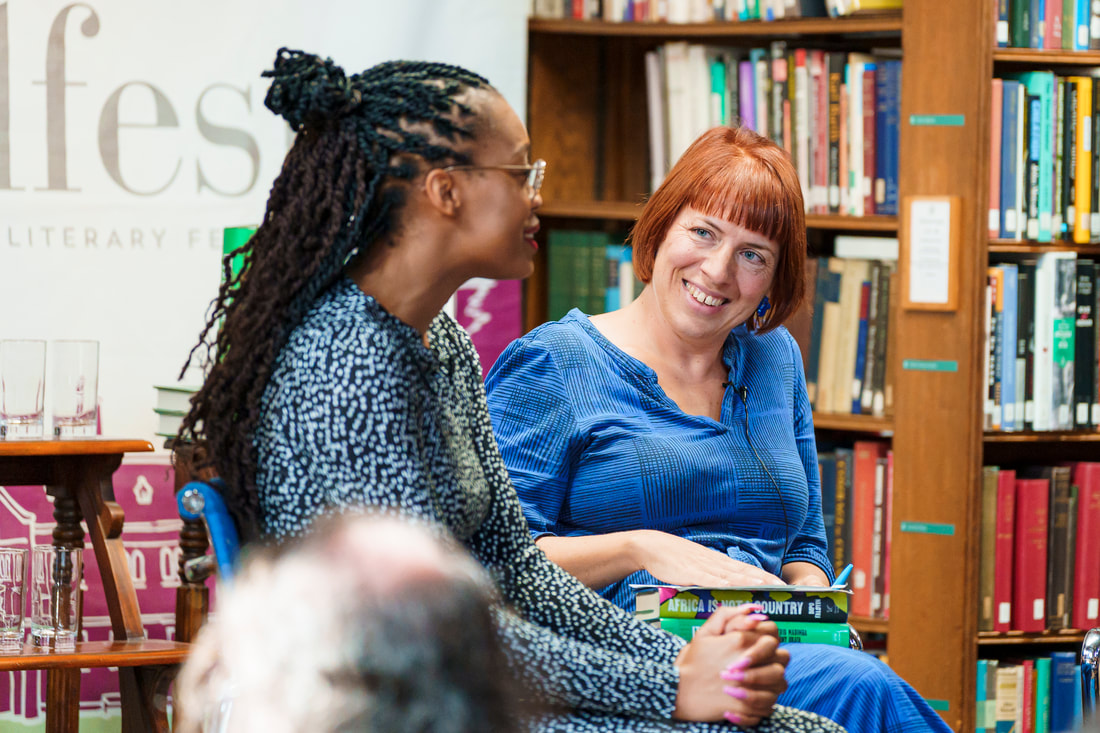 Speaking with Astrid Madimba, co-author of It's a Continent at the Africa is Not a Country, It's a Continent panel at Gladfest 2022.
Speaking with Astrid Madimba, co-author of It's a Continent at the Africa is Not a Country, It's a Continent panel at Gladfest 2022. Applications are now open for the new Miranda Kaufmann Black British History Scholarship at Gladstone’s Library for 2023, and you can apply from now until 31st October.
The scholarship – two weeks’ all-inclusive accommodation at Gladstone’s Library, complete with a travel allowance – is to support research into the histories of people of African and/or Caribbean origin or descent in the United Kingdom, making connections between the local and global aspects of British History.
Having researched and promoted #BlackBritishHistory for almost 20 years I know that we can’t understand British History without it, and that it is more important now than ever in the fight against racism. Co-convening the "What's Happening in Black British History?" workshops at the Institute of Commonwealth Studies since 2014 with Michael Ohajuru and Philip Murphy has highlighted to me that a lot of the best research in the field has been taking place outside the academy and that this research – which has real world ramifications – is not receiving enough support.
The 2018 Royal Historical Society Race Report demonstrated the need for greater diversity in what is being researched and taught in UK universities, and in the staff and student bodies. Although the situation is improving a little, it’s not happening fast enough. I want to do something, even if it’s a drop in the ocean, to combat these problems. I particularly want to support researchers of colour who often face additional barriers to pursuing a career in History. That is why the Miranda Kaufmann Black British History Scholarship will be exclusively reserved for members of the global majority, and includes an £150 travel grant to aid access.
Through the Gladstone family, the library has its own connections to Black British history and the history of enslavement, making it a peculiarly relevant place to study these subjects. Further research into the Gladstone papers, which include the correspondence and business records of Liverpool merchant Sir John Gladstone, including with his son, Prime Minister William Gladstone, should also yield new insights into the histories of Liverpool’s leading role in the trafficking of enslaved Africans, broader colonial trade, and management of estates in colonial Guyana. The papers include several lists of the names of people enslaved by John Gladstone which will be of interest to researchers trying to trace their lives.
In recognition of this, it's also great to see the library also offering the new Eileen Stamper Scholarship for the study of historical or contemporary slavery, and that in 2023, their General scholarship will be reserved for the study of Guyana, to mark the 200th anniversary of the Demerara uprising that began on one of the Gladstone’s plantations in August 1823.
Gladstone’s Library, in the pretty village of Hawarden, just over the Welsh border from Chester, is the UK’s only residential library, founded with the collection of Prime Minister William Gladstone, but now with a collection of over 150,000 items. I’ve been a regular visitor since I moved to North Wales and can vouch for it as a lovely place to read and think. It’s also only an hour’s train ride or drive to Liverpool or Manchester, should researchers wish to visit those cities’ archives, libraries and museums during their stay.
I’m so glad to be able to partner with the library and its amazing staff to support research into Black British History in this way, & look forward to learning from many scholars over the years!
To apply, all you have to do is submit a covering letter, brief CV (no more than 2 pages) and the name and contact details of a referee, by 31st October.
The letter must explain:
- Which scholarship you are applying for
- Your specific area of research
- What you hope to achieve during your residency
- Why you are undertaking this residency i.e. PhD, Masters, publication, sabbatical project, private study etc.
- Your preferred dates of study (please include two or three options)
For more information about the full range of scholarships and how to apply, click here. Good luck!
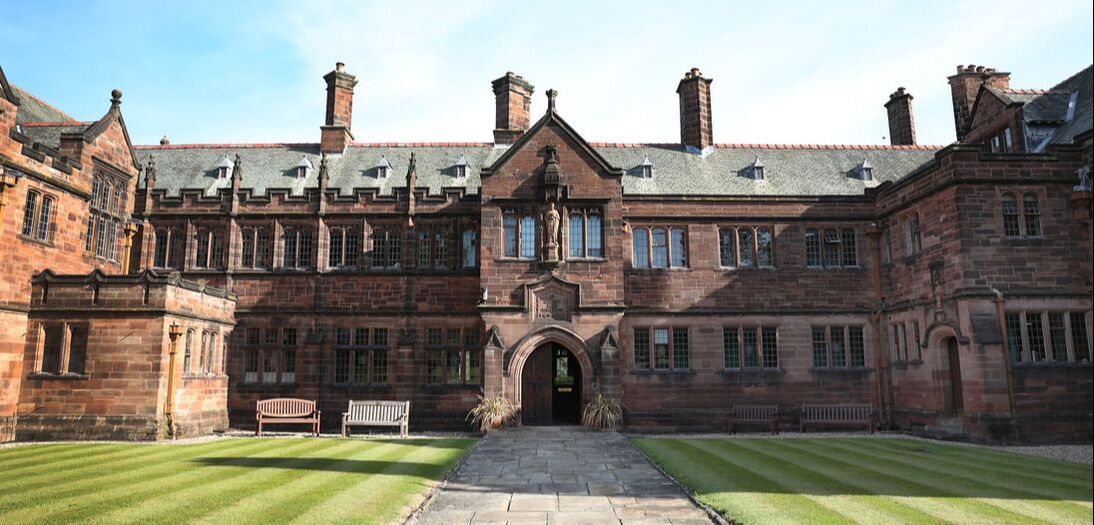
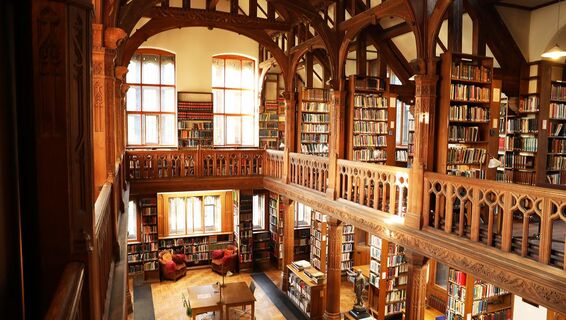


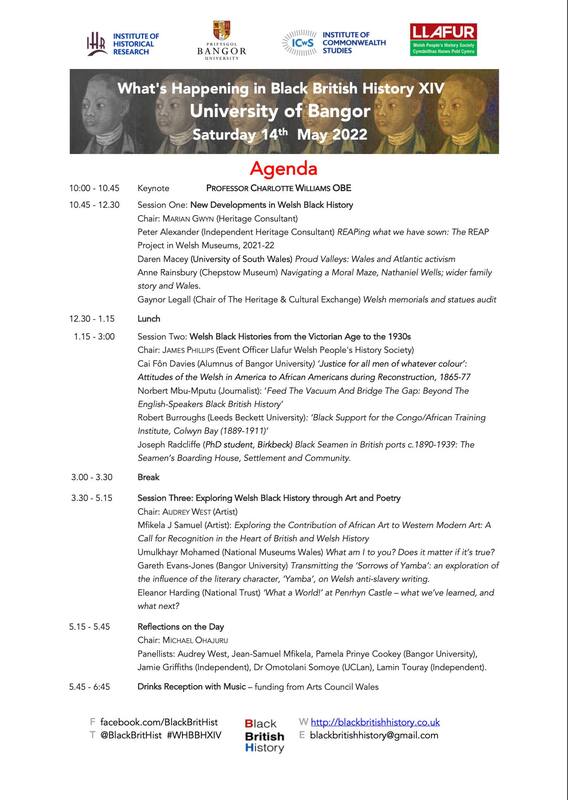
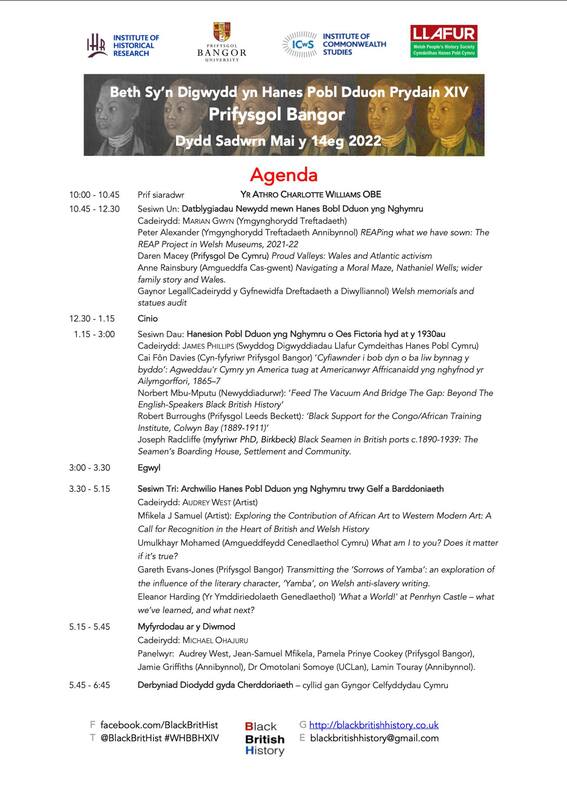


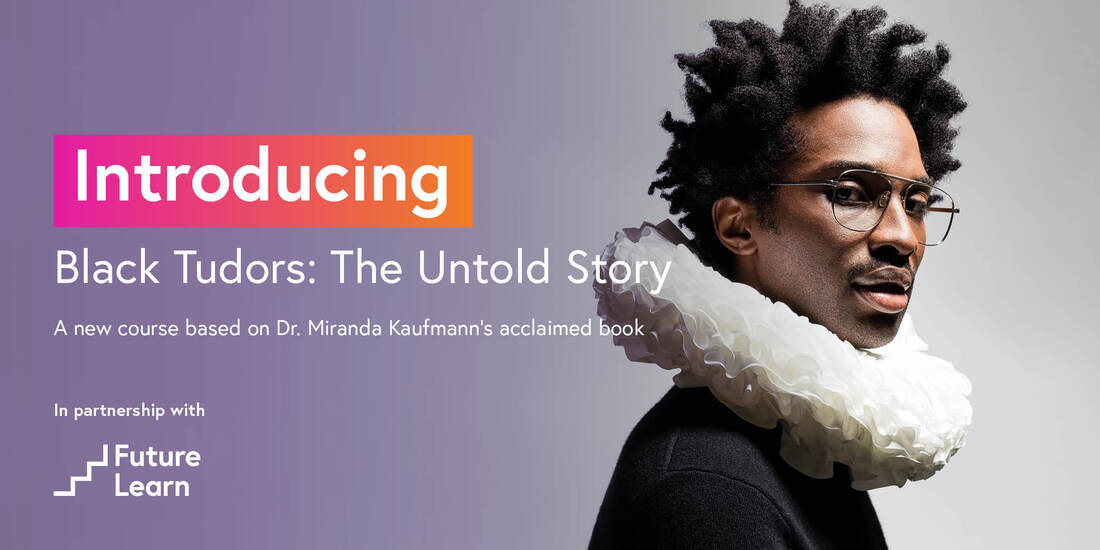

 RSS Feed
RSS Feed
